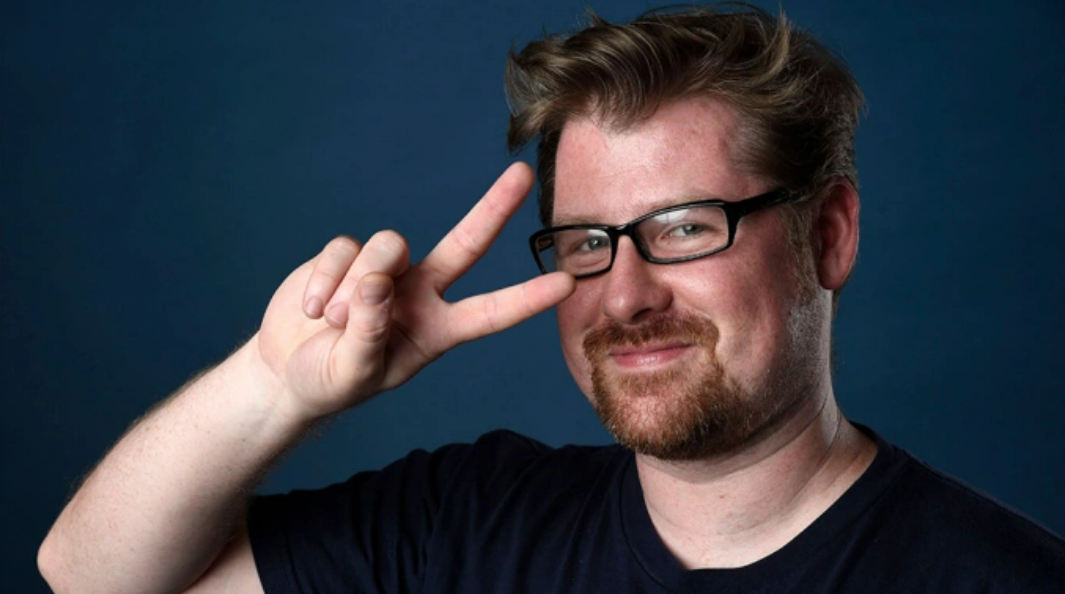“Rick and Morty” star and co-creator Justin Roiland is facing two felony charges related to an alleged domestic violence incident. The charges follow the filing of a criminal complaint in May 2020 by the Orange County District Attorney.
The charges again have rekindled the discussion about separating an artist from their art. Those opposed to separation argue that once a creator has been exposed as morally bankrupt, their work becomes toxic — a reminder of their transgressions that should be shunned by society.
That opinion is impossible to hold with logical consistency. However, it’s held by many taking part in the discourse. It’s a fair stance to hold personally, especially for people who have been victimized by the same kind of offense that an artist has engaged in, but from a societal perspective, it’s a difficult rule to follow because art is often produced in some capacity by people who fall short ethically.
Roman Polanski is regarded as a visionary filmmaker. He was also forced to leave the U.S. for France to avoid sentencing for a statutory rape charge that he pleaded guilty to.
Michael Jackson is considered one of the greatest artists of all time, and in his time, he was the subject of multiple sexual abuse accusations and police investigations as well as civil and criminal lawsuits.
Bill Cosby is known as an integral piece of stand-up comedy and television history, but his legacy has been tarnished by the various sexual misconduct allegations, one of which being a rape allegation that landed him in prison before his conviction was overturned based on a broken promise from the prosecution.
In all forms of entertainment, there are less-than-desirable people. Some have committed acts that warrant them being put away forever, but if their art was thrown out with them, there would practically be none left.
In an ideal world, artists that have caused as much harm as those listed previously would be thrown in prison for the rest of their lives and have all future monetary compensation for their work go to their victims. However, this world isn’t ideal.
Successful creators are often able to avoid adequate punishment for their actions because of the money and power their career has brought them. Roiland could escape consequences for his actions despite the damning evidence against him simply because of the popularity of his creations.
Whether he is held accountable or not, the accusations should serve as a reminder many of the things’ people enjoy are problematic in one way or another. Picking art to consume on a moral basis is a high wire balancing act sure to leave even the best tightrope walkers face down in the dirt of intellectual inconsistency.
Deciding what art is acceptable to consume based on the actions of its creator, the people who worked on it or a production company related to the project is a myopic strategy employed by well-meaning people. However, working towards material changes to a system that allows and perpetuates abuse is a better use of time and energy.
Frank Kidd is a 21-year-old mass communication junior from Springfield, Virginia.
Opinion: Roiland accusations should be a reminder to separate art from the artist
By Frank Kidd
January 22, 2023





